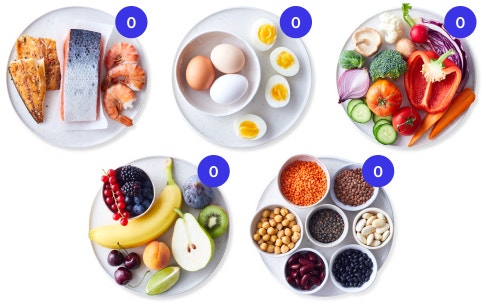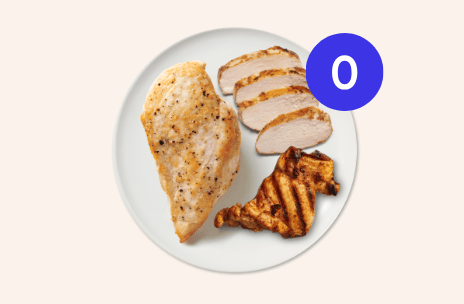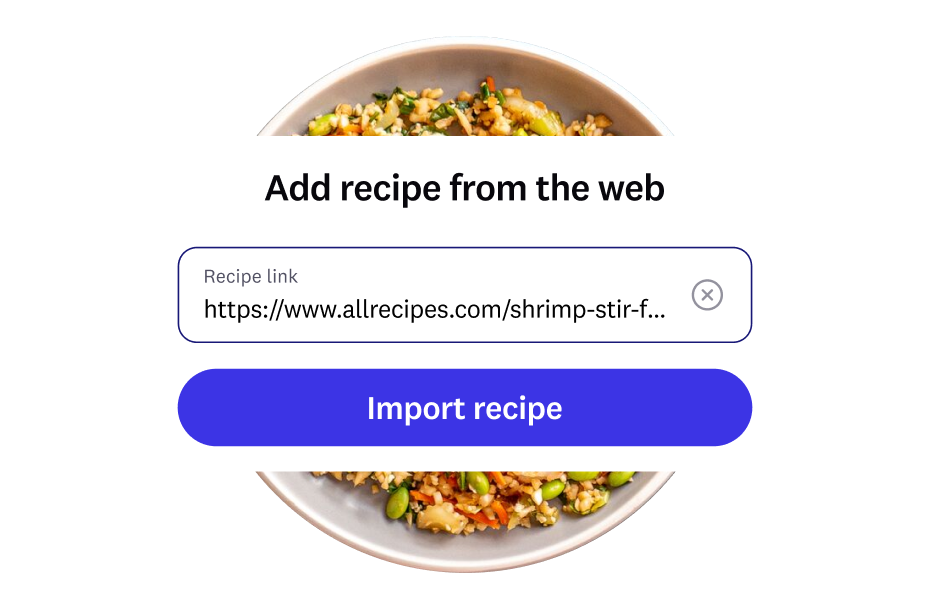WeightWatchers® ZeroPoint Foods | WW Australia
TODAY ONLY: Get up to 60% off*
Plus your first month free with code FRESHSTART
Plus your first month free with code FRESHSTART
*On Core membership & Workshops 12 month plans only. Offer ends 01/04/2025. See terms.

350+ ZeroPoint® Foods to love
Don’t track—just enjoy. ZeroPoint Foods are the simple path to healthier eating.


How ZeroPoint Foods help you lose weight


Selected by our nutrition team, ZeroPoint Foods (ZPFs for short) are foods you don’t have to weigh, track, or measure on the WeightWatchers program.
![]() They’re the foundation of healthy, balanced eating
They’re the foundation of healthy, balanced eating
![]() Rich in protein and fibre, they help you stay fuller, longer
Rich in protein and fibre, they help you stay fuller, longer
![]() We just added 150+ new ZPF options so you don’t get bored
We just added 150+ new ZPF options so you don’t get bored
Here’s just a small preview of our ZeroPoint Foods list:
- Black-eyed peas
- Chickpeas
- Kidney beans
- Lentils
- Chicken or turkey breast, skinless
- New! Chicken thigh
- New! Lean mince beef
- New! Strip steak
- Canned or frozen corn
- Corn on the cob
- Air-popped popcorn
- Popcorn kernels
- Fresh or canned tuna
- Sea bass
- Shrimp
- Scallops
- Apples
- Bananas
- Berries
- Cantaloupe
- Broccoli
- Cauliflower
- New! White potatoes
- New! Sweet potatoes
- Plain instant porridge
- Rolled oats
- Steel-cut oats
- Quick-cooking oats
- Quorn
- Smoked tofu
- Tempeh
- Textured vegetable protein
- Fat free cottage cheese
- Fat free, plain Greek yoghurt
- Fat free plain yoghurt
- Plain soy yoghurt
Zero Points. All the flexibility.
Leaning on ZPFs means more room for your faves that do have Points. Bread. Wine. Dessert. Anything. Here’s how we love using ZPFs:

1. As a base
Start with skinless chicken thighs or sweet potatoes, then add ingredients with Points (like sauce, cheese, or a slice of garlic bread) for more deliciousness.

2. To pump up our plates
Toss crisp mixed veggies or hearty potatoes into soups, stews, or pastas for variety, crunch, and a flavour boost.

3. Snacks, snacks, and more snacks
Reaching for fibre-filled or protein-rich ZPFs like fruit, popcorn, or yoghurt helps you stay full until lunch or dinner rolls around.

1. As a base
Start with skinless chicken thighs or sweet potatoes, then add ingredients with Points (like sauce, cheese, or a slice of garlic bread) for more deliciousness.

2. To pump up our plates
Toss crisp mixed veggies or hearty potatoes into soups, stews, or pastas for variety, crunch, and a flavour boost.

3. Snacks, snacks, and more snacks
Reaching for fibre-filled or protein-rich ZPFs like fruit, popcorn, or yoghurt helps you stay full until lunch or dinner rolls around.
Dig into delicious ZeroPoint recipes and resources
Our app gives you access to the full ZeroPoint food list
And so much more! It’s all included with every WeightWatchers membership.
Living with diabetes?
Your ZeroPoint Foods list will include foods less likely to impact your blood sugar level. And we’ll show you how to enjoy fruit, whole grains, and dairy in a way that works for you.
See the 200+ foods on the diabetes ZeroPoint Foods list.
Learn more about how to manage your diabetes with our program.
Your ZeroPoint Foods questions, answered!
Packed with vitamins, minerals, and other nutrients (like fibre and protein), these everyday foods support feelings of fullness, helping you make the most of your Points Budget and lose weight without feeling hungry.
If you’re concerned about overeating ZeroPoint foods because they’re, well, zero, here’s some guidance: Eat them in your usual portion sizes. For example, if you usually have two eggs for breakfast, stick to that. If you’re still hungry later, have another one. You’ll soon figure out the right portion for you—which might differ depending on the day!
These foods are recommended by national and international nutrition guidelines (including those by the World Health Organization) as part of a healthy pattern of eating. And, of course, they’re delicious!
A complete list of ZPFs can be found under the “What to Eat” tab in your app.
Yes! You can find hundreds of recipes featuring ZPFs in the app under the “What to Eat” tab.
Yes. For those living with diabetes, your ZPF list will feature 200+ ZPFs to choose from. These foods are less likely to impact your blood sugar level. Learn more about how to manage your diabetes with our program.







